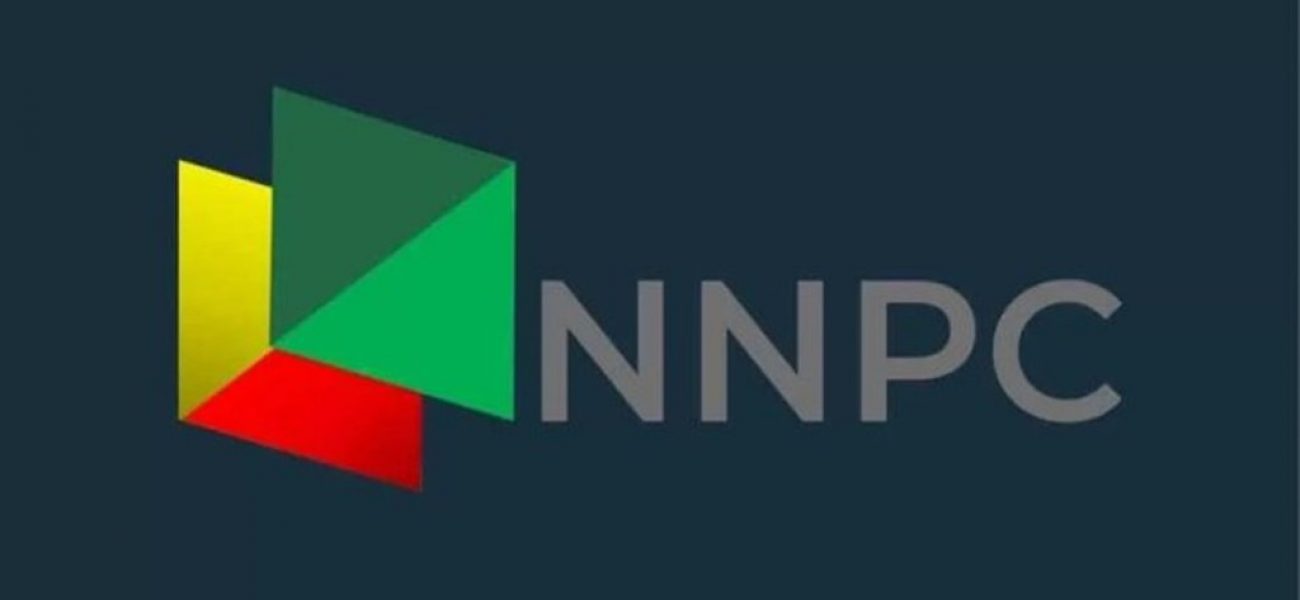President Muhammadu Buhari on 19 July 2022 unveiled the Nigerian National Petroleum Company Limited (NNPC Ltd) to mark the official transition of the NNPC to a Limited Liability Company in line with the provisions of Section 53 of the Petroleum Industry Act (PIA) that was signed into law in 2021.
Its predecessor Nigerian National Petroleum Corporation (NNPC) was established on the 1st of July, 1977 by an Act of the National Assembly to operate as the sole entity licensed to operate in the country’s petroleum industry. Decision making in the Nigerian National Petroleum Corporation (NNPC) has also been subject to the approval of the Federal Executive Council over the past 44 years.
The key changes of the transition are highlighted below;
- The new NNPC is a limited liability company incorporated in line with the provisions of the Petroleum Industry Act and under the regulation of the Companies and Allied Matters Act, 2020. The essence of this to ensure that the company is focused exclusively on profit-making and commercial activities. The company was incorporated in September 2021 with a 200 billion Naira share capital, and made history for being the company with the highest share capital in the country. The company now has the ability to declare dividends to its shareholders, as it is expected that the NNPC Ltd would go public through an Initial Public Offer (IPO) in the future. Also, with the NNPC’s transition into a private company, it would be obligated to pay taxes and royalties to the Federal Government in line with the Companies Income Tax Act, 2004 as well as any other law, as is the case with other companies in Nigeria, while retaining 20% of its profit after tax.
- The NNPC Ltd in line with the Companies and Allied Matters Act is subjected to audits at the end of every financial year.
- The NNPC Ltd will now operate free from institutional obligations and regulations such as remittals into the Treasury Single Account of the Federal Government (TSA), Public Procurement Act and Fiscal Responsibility Act among others.
- The NNPC Ltd as a corporate entity would no longer be required to remit revenue monthly and give reports to the Federal Account Allocation Committee. This means that revenue allocations from this source to the State Governors will cease.
- The NNPC Ltd would no longer determine the prices of petroleum products, as prices would be determined by market forces, subject to government policies/regulations.
- The NNPC Ltd is expected to be self-funded through revenues generated and run without government funding.
The transition of the NNPC into a limited liability company has been received with mixed feelings as the ownership of the company as provided in section 53 of the PIA is to be retained by the Federal Government with the Minister of Finance and the Ministry of Petroleum Resource as the joint shareholders, each holding equal shares (50% each) in the company for the 200 million Nigerians and on behalf of the Federal Government. The Group CEO/MD and Board of Directors are to be appointed by the President. The Board is made up of professionals in the oil and gas and finance sectors. This is different from what is obtainable in the leadership structure of the NLNG where other shareholders hold 51% of the company, while the Federal Government holds 49%.
However, proponents of the new arrangement say that after the transition phase, the NNPC Ltd would be run like most state-owned international oil companies like the Saudi Aramco, among others, as the leadership structure of the NNPC Ltd is quite similar to that of Saudi Aramco, the Saudi Arabian public petroleum and Natural Gas Company which is equally monitored by the Saudi Arabian Ministry of Petroleum and Mineral Resources and the Supreme Council for Petroleum and Minerals.
Additionally, fears have been expressed that States would be negatively affected by this change, as a huge chunk of the allocations to them would be truncated following the transition of the NNPC Ltd into a corporate entity meaning that they would no longer be obligated to make monthly remissions to the Federal Account Allocation Committee (FAAC). Other observations include that of the Revenue Mobilisation Allocation Fiscal Commission (RMAFC) whose view is that the shareholding structure of the NNPC limited should be reformed in a way that reflects the three tiers of government and not only the Executive as is currently obtainable.

